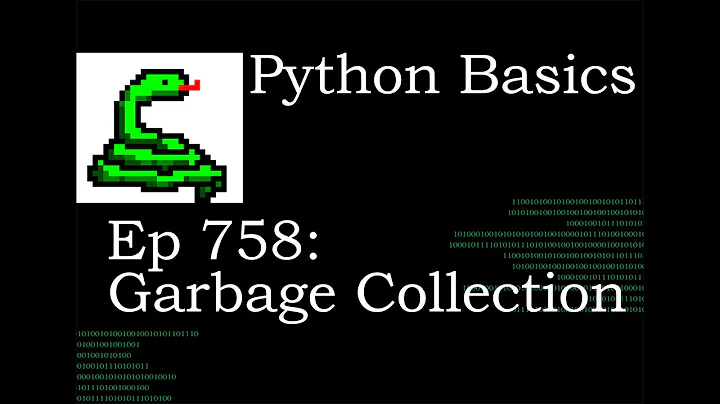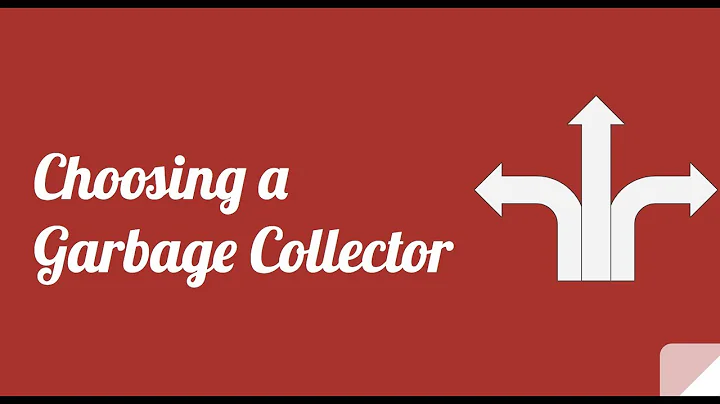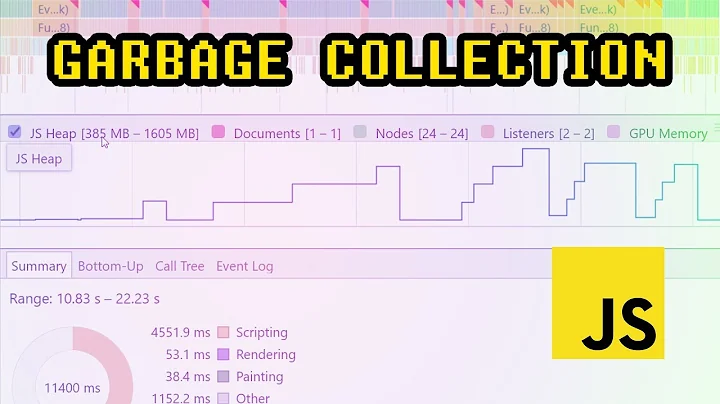Do I need to complete a Subject for it to be garbage collected?
If you look at the source for Subject.complete, you'll find the answer:
complete() {
if (this.closed) {
throw new ObjectUnsubscribedError();
}
this.isStopped = true;
const { observers } = this;
const len = observers.length;
const copy = observers.slice();
for (let i = 0; i < len; i++) {
copy[i].complete();
}
this.observers.length = 0;
}
Calling complete notifies any observers and then clears the array of observers. Unless you have an observer/subscriber that has a reference to the Subject, there is nothing in the complete implementation that would affect whether or not the Subject could be garbage collected.
RxJS pushes notifications to subscribers. Subscribers don't hold references to the observables; it's the other way around. So, unless you've explicitly created a subscriber that holds a reference to the Subject - via a closure or some other mechanism - there's no need to call complete for garbage-collection purposes.
Related videos on Youtube
Sean Walsh
Find me on Twitter as THEseanwalsh or on GitHub as s992.
Updated on September 15, 2022Comments
-
 Sean Walsh over 1 year
Sean Walsh over 1 yearI follow a cleanup pattern in my Angular components that looks like this:
class SomeComponent implements OnInit, OnDestroy { private destroy$ = new Subject(); ngOnInit() { service.someStream().takeUntil(this.destroy$).subscribe(doSomething); } ngOnDestroy() { this.destroy$.next(true); } }This has the benefit of automatically unsubscribing when the component is destroyed.
My question is: Does a reference to
destroy$stick around indefinitely because I haven't calledthis.destroy$.complete(), or will it get GC'ed when the parent class is collected?-
nej_simon over 4 years@paulpdaniels If you have multiple subscriptions you'd have to keep references to each of them and call unsubscribe on each in sequence. By using pattern above you can have a single subject that unsubscribes from them all at once. The result is less, and more readable, code.
-
 oomer about 2 yearsThe OP is about garbage collecting the
oomer about 2 yearsThe OP is about garbage collecting thesubject, why are the comments discussing how to garbage collectsubscriptions? -
 martinEven though you're not directly calling
martinEven though you're not directly callingcomplete()on the Subject you complete the chain with thetakeUntiloperator which sends thecompletesignal and makes each operator to recursively unsubscribe. So it shouldn't matter whether thecompletesignal comes from the Subject or somewhere further down the chain.
-
-
 Sean Walsh almost 7 yearsHey @cartant, thank you for your answer. Just so I'm clear, does having my
Sean Walsh almost 7 yearsHey @cartant, thank you for your answer. Just so I'm clear, does having mySubjectin atakeUntilcount as an observer/subscriber having a reference to it? I assume no, because that subject is unsubscribed from once it emits, but I just want to make sure. -
 cartant almost 7 yearsThe use in
cartant almost 7 yearsThe use intakeUntilis fine, as the subject's reference to the observer will be removed via thetakeUntil-initiated unsubscription. It's possible that the observer's reference would prevent the subject from being collected - depending upon what's referencing the observer - but that's a separate issue and is not related to whether or notcompleteis called on the subject. -
 kos about 5 years@cartant, then this is a precaution, not a necessity take-until-destroy.ts#L26, right? I was just researching the same thing as OP, so please don't consider this as annoyance.
kos about 5 years@cartant, then this is a precaution, not a necessity take-until-destroy.ts#L26, right? I was just researching the same thing as OP, so please don't consider this as annoyance. -
 oomer about 2 yearsSo, basically calling subject.complete() clears the list of observers / subscriptions maintained inside the subject, it does not garbage collect the subject itself ?
oomer about 2 yearsSo, basically calling subject.complete() clears the list of observers / subscriptions maintained inside the subject, it does not garbage collect the subject itself ?










